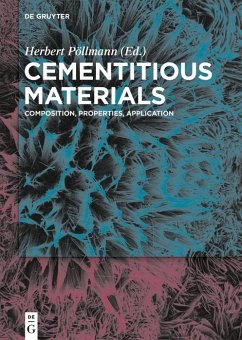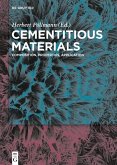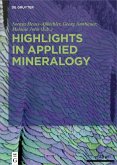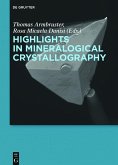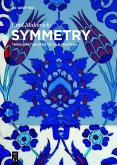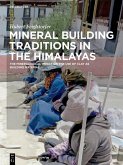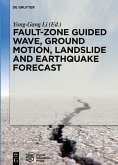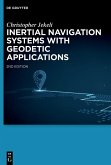This editorial work consists of four parts including cement composition and hydration, Special cement and binder mineral phases, Cementitious and binder materials, and Measurement and properties. Every part contains different contributions and covers a broad range within the area.
Contents
Part I: Cement composition and hydration
Diffraction and crystallography applied to anhydrous cements
Diffraction and crystallography applied to hydrating cements
Synthesis of highly reactive pure cement phases
Thermodynamic modelling of cement hydration: Portland cements - blended cements - calcium sulfoaluminate cements
Part II: Special cement and binder mineral phases
Role of hydrotalcite-type layered double hydroxides in delayed pozzolanic reactions and their bearing on mortar dating
Setting control of CAC by substituted acetic acids and crystal structures of their calcium salts
Crystallography and crystal chemistry of AFm phases related to cement chemistry
Part III: Cementitious and binder materials
Chemistry, design and application of hybrid alkali activated binders
Binding materials based on calcium sulphates
Magnesia building material (Sorel cement) - from basics to application
New CO2-reduced cementitious systems
Composition and properties of ternary binders
Part IV: Measurement and properties
Characterization of microstructural properties of Portland cements by analytical scanning electron microscopy
Correlating XRD data with technological properties
No cement production without refractories
Dieser Download kann aus rechtlichen Gründen nur mit Rechnungsadresse in A, B, BG, CY, CZ, D, DK, EW, E, FIN, F, GR, HR, H, IRL, I, LT, L, LR, M, NL, PL, P, R, S, SLO, SK ausgeliefert werden.

